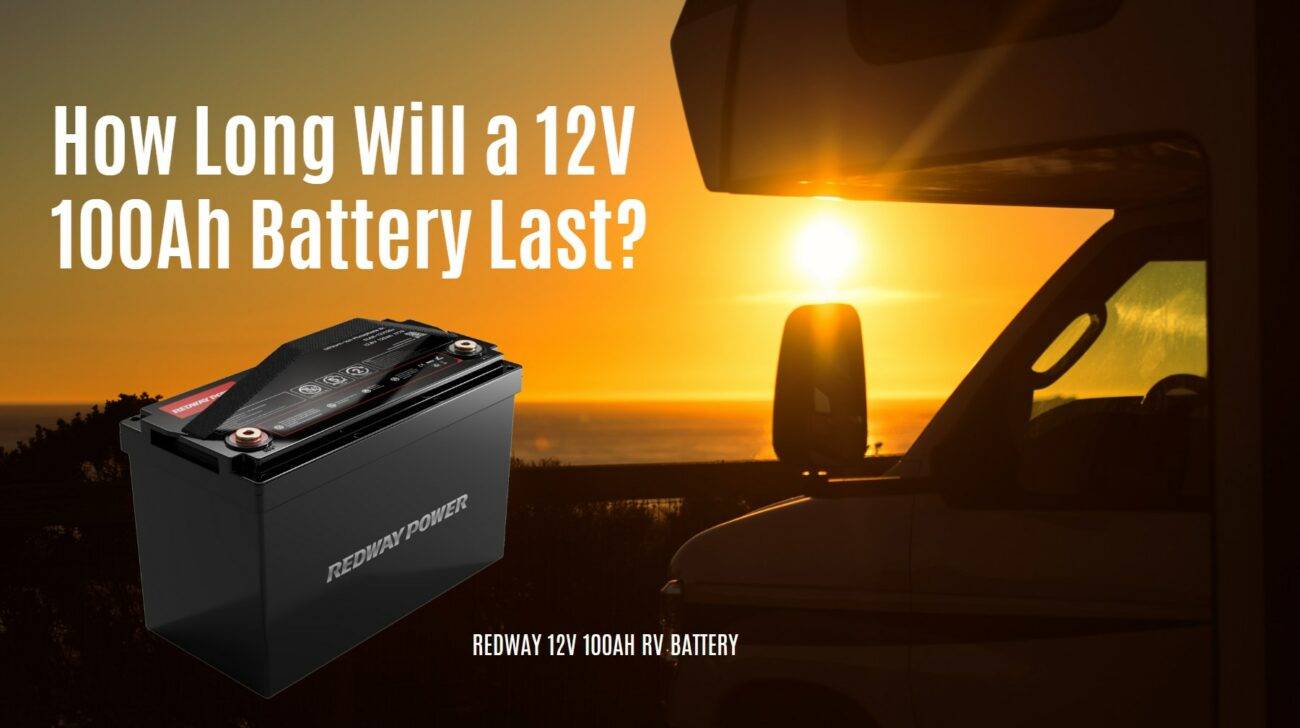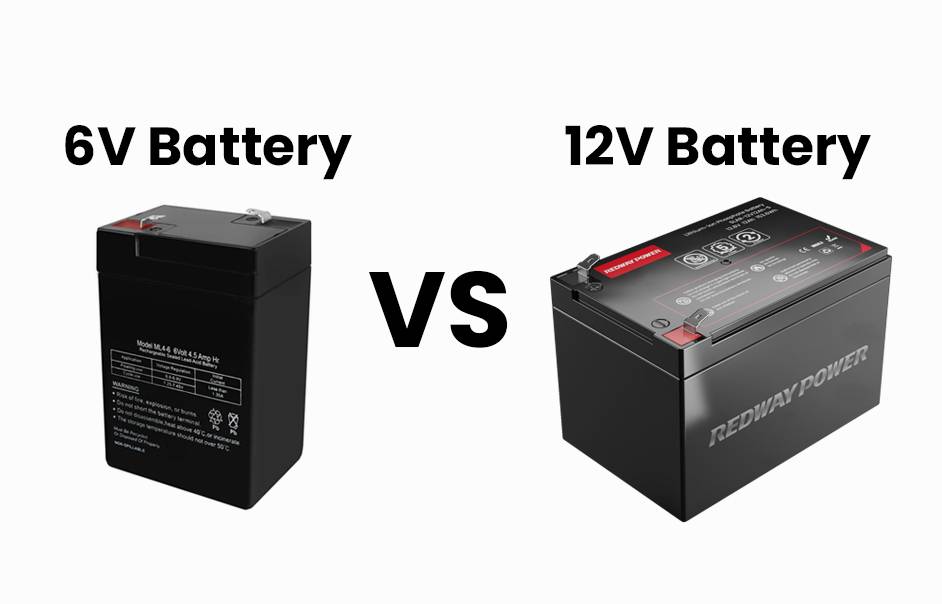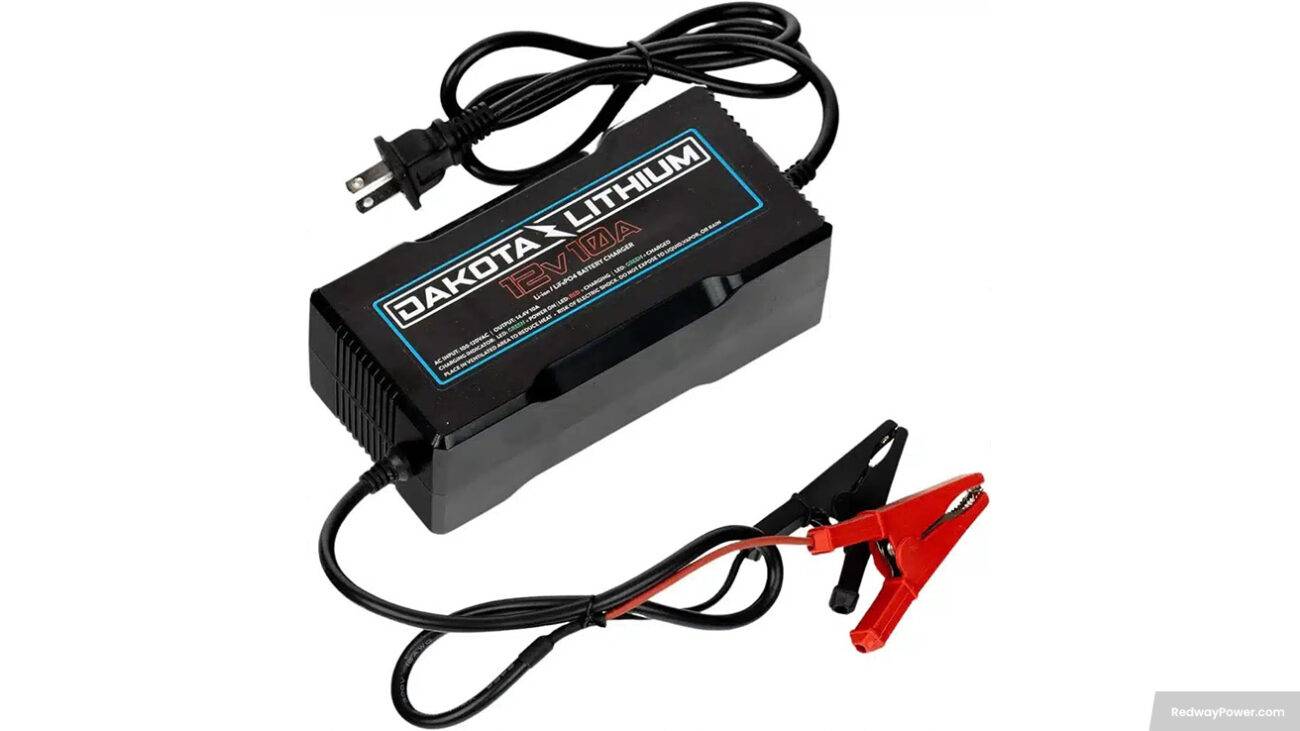- Forklift Lithium Battery
-
48V
- 48V 210Ah
- 48V 300Ah
- 48V 420Ah (949 x 349 x 569 mm)
- 48V 420Ah (950 x 421 x 450 mm)
- 48V 456Ah
- 48V 460Ah (830 x 630 x 590 mm)
- 48V 460Ah (950 x 421 x 450 mm)
- 48V 460Ah (800 x 630 x 600 mm)
- 48V 460Ah (820 x 660 x 470 mm)
- 48V 500Ah
- 48V 560Ah (810 x 630 x 600 mm)
- 48V 560Ah (950 x 592 x 450 mm)
- 48V 600Ah
- 48V 630Ah
-
48V
- Lithium Golf Cart Battery
- 12V Lithium Battery
12V 150Ah Lithium RV Battery
Bluetooth App | BCI Group 31
LiFePO4 Lithium
Discharge Temperature -20°C ~ 65°C
Fast Charger 14.6V 50A
Solar MPPT Charging - 24V Lithium Battery
- 36V Lithium Battery
- 48V Lithium Battery
-
48V LiFePO4 Battery
- 48V 50Ah
- 48V 50Ah (for Golf Carts)
- 48V 60Ah (8D)
- 48V 100Ah (8D)
- 48V 100Ah
- 48V 100Ah (Discharge 100A for Golf Carts)
- 48V 100Ah (Discharge 150A for Golf Carts)
- 48V 100Ah (Discharge 200A for Golf Carts)
- 48V 150Ah (for Golf Carts)
- 48V 160Ah (Discharge 100A for Golf Carts)
- 48V 160Ah (Discharge 160A for Golf Carts)
-
48V LiFePO4 Battery
- 60V Lithium Battery
-
60V LiFePO4 Battery
- 60V 20Ah
- 60V 30Ah
- 60V 50Ah
- 60V 50Ah (Small Size / Side Terminal)
- 60V 100Ah (for Electric Motocycle, Electric Scooter, LSV, AGV)
- 60V 100Ah (for Forklift, AGV, Electric Scooter, Sweeper)
- 60V 150Ah (E-Motocycle / E-Scooter / E-Tricycle / Tour LSV)
- 60V 200Ah (for Forklift, AGV, Electric Scooter, Sweeper)
-
60V LiFePO4 Battery
- 72V~96V Lithium Battery
- Rack-mounted Lithium Battery
- E-Bike Battery
- All-in-One Home-ESS
- Wall-mount Battery ESS
-
Home-ESS Lithium Battery PowerWall
- 24V 100Ah 2.4kWh PW24100-S PowerWall
- 48V 50Ah 2.4kWh PW4850-S PowerWall
- 48V 50Ah 2.56kWh PW5150-S PowerWall
- 48V 100Ah 5.12kWh PW51100-F PowerWall (IP65)
- 48V 100Ah 5.12kWh PW51100-S PowerWall
- 48V 100Ah 5.12kWh PW51100-H PowerWall
- 48V 200Ah 10kWh PW51200-H PowerWall
- 48V 300Ah 15kWh PW51300-H PowerWall
PowerWall 51.2V 100Ah LiFePO4 Lithium Battery
Highly popular in Asia and Eastern Europe.
CE Certification | Home-ESS -
Home-ESS Lithium Battery PowerWall
- Portable Power Stations
What Is the Maximum Voltage of a 12V Battery?

The maximum voltage of a fully charged 12V battery can vary depending on its type. For lead-acid batteries, the maximum voltage is typically around 12.7 to 13.0 volts when fully charged. In contrast, lithium batteries can reach up to 13.6 volts when fully charged. Understanding these voltage levels is crucial for maintaining battery health and performance.
What Are the Different Types of 12V Batteries?
12V batteries come in several types, each with distinct characteristics and applications. The most common types include:
- Lead-Acid Batteries: Traditional and widely used, available in flooded and sealed variants.
- Lithium-Ion Batteries: Known for higher energy density and longer lifespan.
- Lithium Iron Phosphate (LiFePO4): A type of lithium battery that offers enhanced safety and longevity.
Chart: Comparison of Battery Types
| Battery Type | Fully Charged Voltage | Typical Applications |
|---|---|---|
| Lead-Acid | 12.7 – 13.0 V | Automotive, backup power |
| Lithium-Ion | 13.6 V | Electronics, electric vehicles |
| Lithium Iron Phosphate | 13.4 – 13.6 V | Solar energy systems, RVs |
How Do You Measure the Voltage of a 12V Battery?
To accurately measure the voltage of a 12V battery, follow these steps:
- Ensure the battery is at rest (not charging or discharging).
- Use a multimeter set to the DC voltage setting.
- Connect the red probe to the positive terminal and the black probe to the negative terminal.
- Read the voltage displayed on the multimeter.
This process will give you an accurate measurement of the battery’s state of charge.
Why Is It Important to Monitor Battery Voltage?
Monitoring battery voltage is essential for maintaining battery health and ensuring optimal performance. A fully charged lead-acid battery should read around 12.7 volts, while lithium batteries should read between 13.4 to 13.6 volts. Regular checks can prevent over-discharging, which can damage batteries and reduce their lifespan.
What Are the Consequences of Overcharging a 12V Battery?
Overcharging a 12V battery can lead to several issues:
- Lead-Acid Batteries: Can cause gassing, overheating, and reduced lifespan.
- Lithium Batteries: Risk thermal runaway, which can lead to fire or explosion.
Maintaining proper charging practices is critical to avoid these risks.
How Does Temperature Affect Battery Voltage?
Temperature significantly impacts battery performance and voltage readings:
- Higher Temperatures: Can increase voltage readings but may also accelerate degradation.
- Lower Temperatures: Can decrease voltage output and reduce capacity.
It’s essential to operate batteries within their recommended temperature ranges for optimal performance.
What Is the Recommended Charging Voltage for Different Battery Types?
Charging voltages vary by battery type:
- Lead-Acid Batteries: Typically charged at voltages between 13.5V and 14.7V.
- Lithium-Ion Batteries: Charged at voltages up to 14.6V for maximum efficiency.
- Lithium Iron Phosphate: Recommended charging voltage is around 14.0V to 14.6V.
Understanding these voltages helps ensure safe and effective charging practices.
Industrial News
Recent advancements in battery technology have emphasized the importance of monitoring voltage levels for optimizing performance and lifespan. Companies are increasingly integrating smart technology into battery management systems that provide real-time monitoring of voltage and temperature, enhancing safety and efficiency in various applications from electric vehicles to renewable energy systems.
Redway Power Expert Views
“Understanding the maximum voltage levels for different types of batteries is crucial for both safety and performance,” says Dr. Lisa Green, a battery technology expert. “With lithium batteries becoming more prevalent, users must be aware of their unique charging requirements compared to traditional lead-acid batteries.”
FAQ Section
What is considered a fully charged voltage for a lead-acid battery?
A fully charged lead-acid battery typically reads between 12.7 to 13.0 volts.How often should I check my battery’s voltage?
It’s advisable to check your battery’s voltage regularly, especially before long trips or heavy usage periods.What should I do if my battery voltage is too low?
If your battery voltage falls below recommended levels (e.g., below 12 volts for lead-acid), consider recharging it immediately to prevent damage.


























